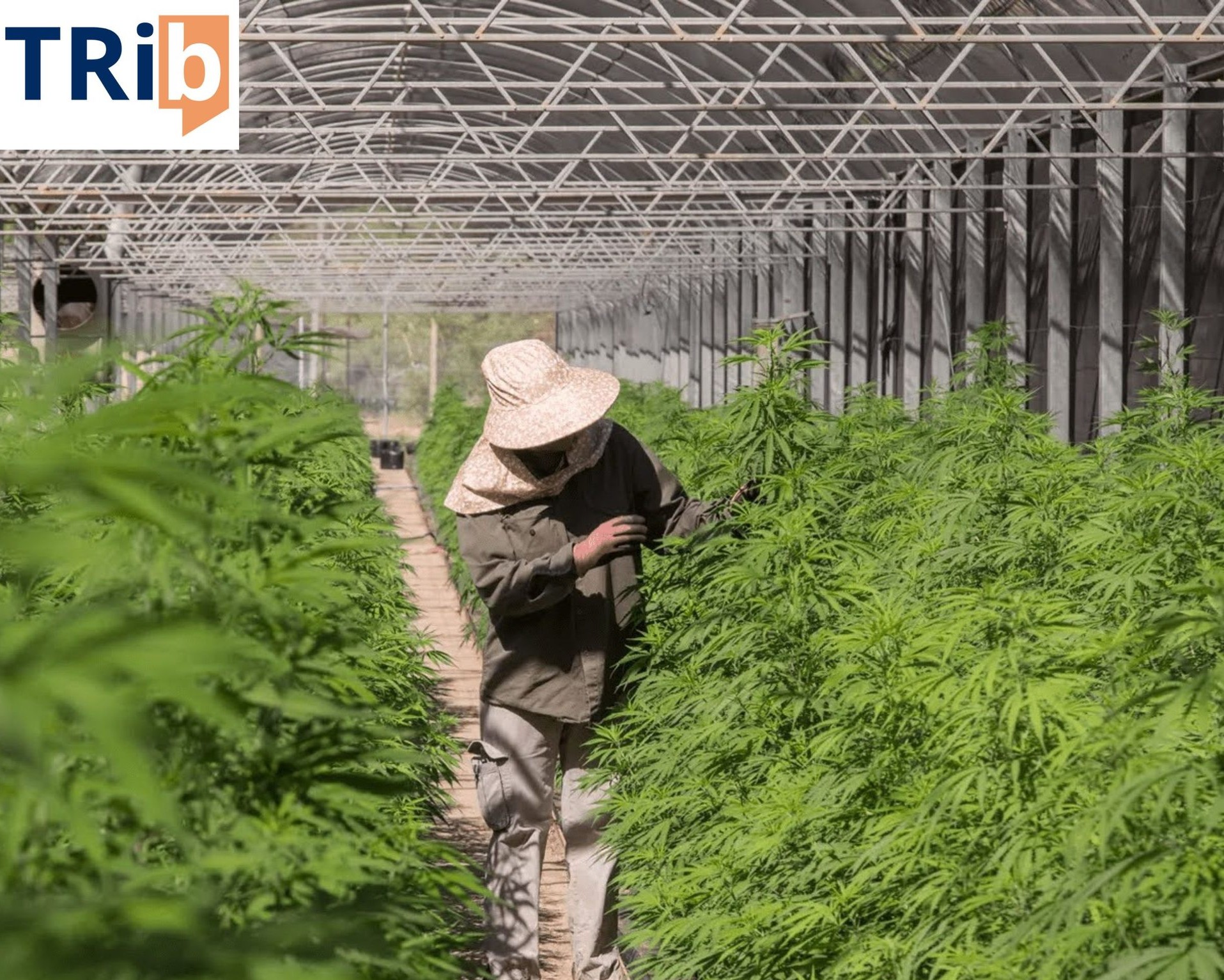GREAT BAY--While regional neighbors accelerate cannabis policy reform and build structured, revenue-generating industries, St. Maarten remains stuck in neutral, missing a rapidly closing window to establish itself as a player in a booming global market.
On July 9 and 10, 2025, Dominica is hosting its first National Cannabis Symposium, a landmark event that brought together policymakers, researchers, advocates, and industry experts under the theme “Regulatory and Economic Environment for a Viable Medicinal Cannabis Industry.” The symposium marked a major step forward for Dominica, which is actively pursuing the implementation of its Medicinal Cannabis Bill, the creation of a licensing authority, and development of a credible, investment-ready industry. The event featured speakers from the University of the West Indies, legal experts, members of the House of Nyabinghi, and regional consultants, reflecting broad and serious engagement from both government and civil society.
This is far from an isolated development. Across the Caribbean, island governments are forging ahead with frameworks to decriminalize, regulate, and monetize cannabis, particularly for medicinal use and controlled cultivation.
Antigua and Barbuda and Barbados have taken similar steps. In both countries, small-scale decriminalization has gone hand-in-hand with licensing structures for medicinal use and sacramental access. More recently, St. Kitts and Nevis launched its Medicinal Cannabis Authority, following earlier decriminalization reforms and a landmark court ruling affirming the rights of Rastafarians to use cannabis privately. Even Dominica, once considered a cautious player in this space, has emerged with serious legislative ambition and stakeholder alignment.
Supporting this wave of reform is the Eastern Caribbean Central Bank (ECCB), which in recent years has openly encouraged its member states to establish medicinal cannabis frameworks. The ECCB has emphasized that cannabis represents a critical opportunity for economic diversification in the Eastern Caribbean Currency Union. The institution has also flagged the need for strong financial regulatory support to help cannabis businesses access banking and avoid the pitfalls of informal economies or external dependency.
In contrast, St. Maarten’s progress has been tentative at best. Despite occasional public statements about exploring cannabis legislation, the country has not passed any medical cannabis laws, no clear timeline for legalization, and no indication that the island is ready to compete with its regional neighbors for investment, cultivation, or cannabis-linked tourism.
This inertia comes at a significant cost. Globally, the cannabis industry is projected to surpass $60 billion by 2028, with medical cannabis representing a major growth area. Islands like Jamaica and Saint Vincent are already seeing returns on investment through licensing fees, international partnerships, and new employment opportunities. Dominica has made it clear that it intends to do the same, and fast.
For St. Maarten, the risk is twofold. First, the island stands to lose out on millions in untapped revenue that could support public health, social services, and job creation. Second, it may permanently lose its competitive edge. As other islands cultivate internationally recognized brands, lock in trade relationships, and build compliant systems for quality assurance, latecomers will find themselves scrambling to catch up with diminished leverage.
The process toward cannabis legalization in St. Maarten has been a structured and multi-phase journey, culminating in the selection of Native Nations as the government’s key partner in 2024. The initiative began on September 12, 2022, with the announcement of a request for proposals (RFP) for cannabis-related legislation.
Native Nations submitted its proposal on December 5, 2022, and advanced through the selection process, making it to the top five candidates by April 18, 2023. The organization presented in the final round on May 8, 2023, and was ultimately chosen as the preferred RFP on November 2, 2023. Following this selection, the government formally granted Native Nations a mandate on April 10, 2024, to develop the legal framework for cannabis regulation in Sint Maarten. To facilitate this process, an intergovernmental workgroup began meeting weekly starting July 9, 2024, marking a significant step toward implementing a structured and legal cannabis industry in the country.
The Social Economic Stimulus Model for St. Maarten is designed to generate 565 jobs by developing the cannabis industry, specifically through hemp CBD farming and indoor grow facilities. The initiative involves a total of 47 business licenses and is expected to create both direct and indirect employment opportunities. Through a structured approach that integrates farming, processing, retail, and research, this model aims to stimulate the economy and enhance local job opportunities.
The model includes both outdoor hemp CBD farming and indoor grow facilities, each contributing significantly to job creation. The outdoor farming sector will involve at least 16 farm licenses, though the number may be unlimited.
Join Our Community Today
Subscribe to our mailing list to be the first to receive
breaking news, updates, and more.


